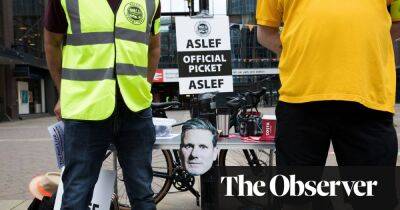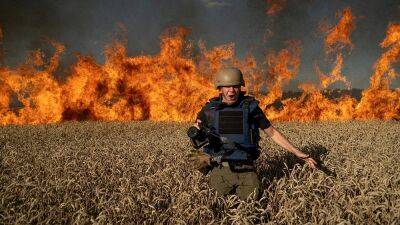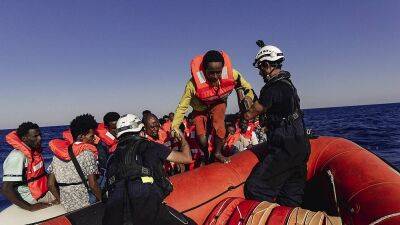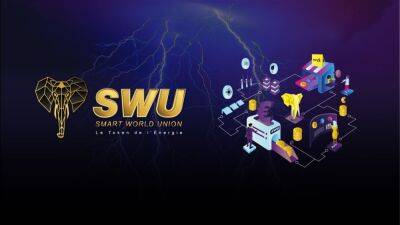‘Talk with us, not for us’: fishing communities accuse UN of ignoring their voices
Small-scale fishermen and women from coastal nations in the frontline of the “ocean emergency” have accused world leaders and other decision-makers at the UN oceans conference of ignoring their voices in favour of corporate interests.
More than half of the world’s fish caught for human consumption comes from small-scale fishing communities, yet their contribution to food security and ocean protection is not being sufficiently recognised, they say.
Suzanne Njeri, from Kenya, vice-president of the African Women Fish Processors and Traders Network, which has members from 44 out of 54 African countries, said coastal fishing communities needed “a seat at the table” and were too often sidelined.
“We want policymakers to talk with us, not for us,” said Njeri. “We see the damage to the fish breeding grounds. We are the ones who fight malnutrition. We need more practitioners here to tell their stories.”
Daniel Caniullan, an Indigenous leader, diver and fisherman from Chilean Patagonia, said his community had been fighting to defend their territories for many years.
“There has been an expansion of the salmon-farming industry, which is releasing chemicals and antibiotics into the sea,” Caniullan said. “It is causing an ecological disaster and we are seeing a decrease in marine wildlife.
“There are 400,000 people like me who are affected. We want to bring this to the attention of the UN and the Chilean government. We are the ones dealing with the problem and we have solutions.”
Caniullan wants Chile to implement an existing law that would allow the creation of a protected marine area in Indigenous territory to safeguard livelihoods.
About 120 million people worldwide depend on fisheries, almost 97% of whom live in developing countries.
Many
Read more on theguardian.com

![As Tezos [XTZ] pushes past $1.66, bulls can consider these levels to book a profit - ambcrypto.com](https://finance-news.co/storage/thumbs_400/img/2022/7/31/35405_oilp.jpg)



![Can DogeCoin [DOGE]’s surge in network activity mean something for its price - ambcrypto.com - city Santiment](https://finance-news.co/storage/thumbs_400/img/2022/7/30/35401_3vf.jpg)

![Dogecoin [DOGE] HODLers may see light at the end of the tunnel after this… - ambcrypto.com](https://finance-news.co/storage/thumbs_400/img/2022/7/30/35399_6vff.jpg)









![Ethereum [ETH] NFTs secure balance as July ends; trading volume struggles to boost - ambcrypto.com](https://finance-news.co/storage/thumbs_400/img/2022/7/30/35389_qdw7.jpg)




